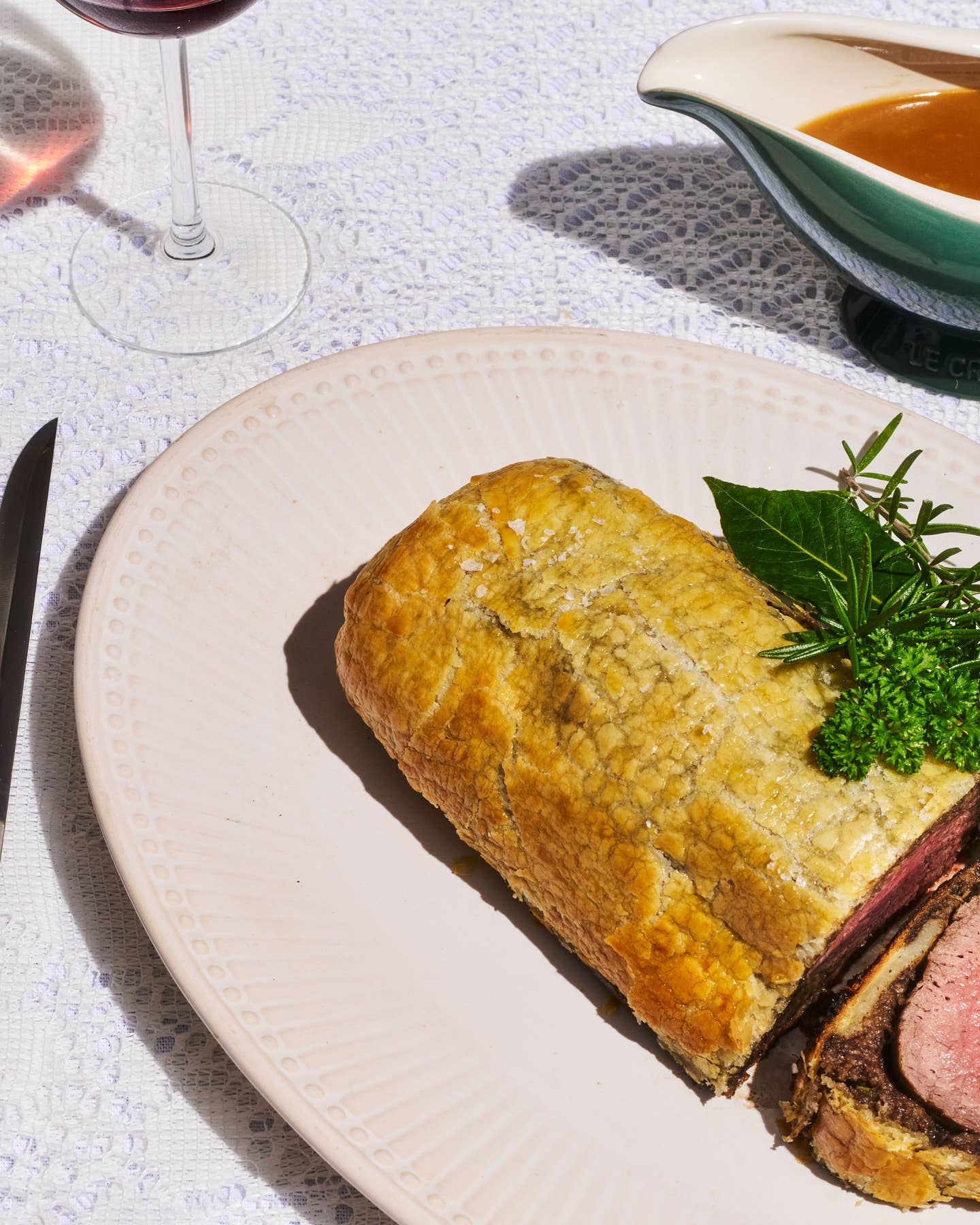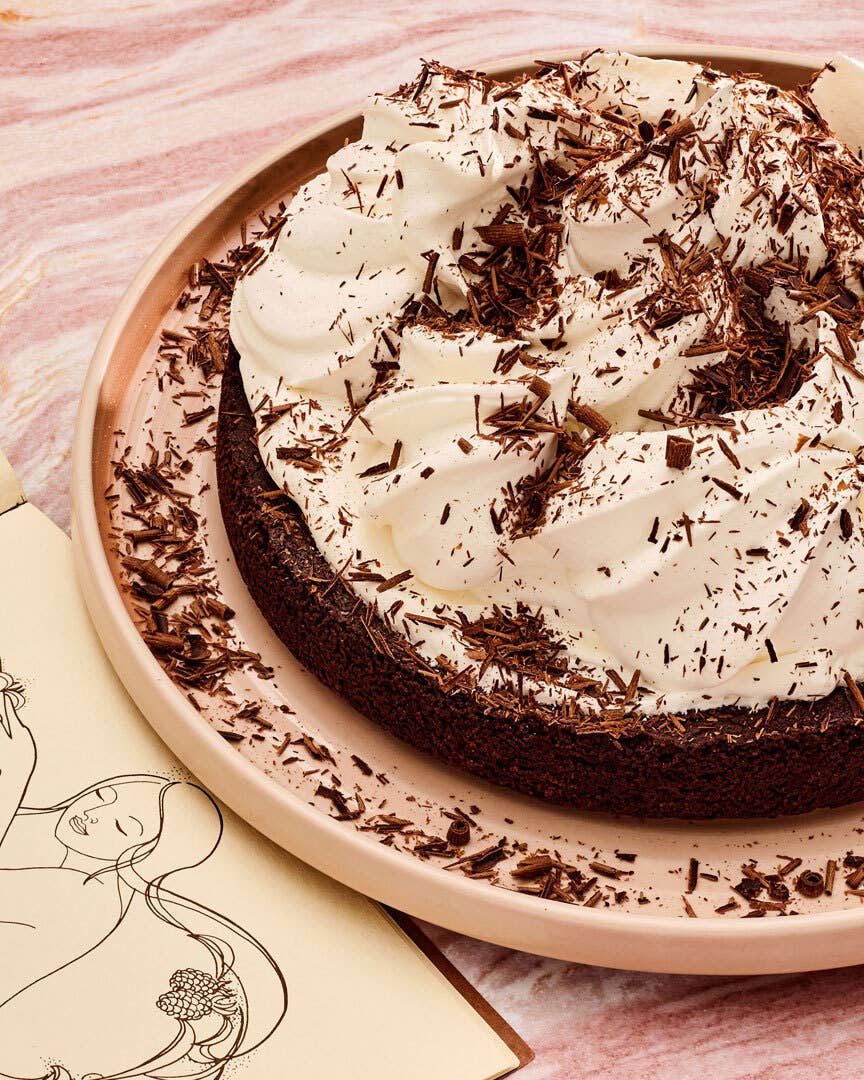
Marion Cunningham
To fans of her eight cookbooks, Marion Cunningham was the anti-Julia Child. She did not go to cooking school in France (or anywhere else, for that matter), she was not descended from old East Coast money (she was born in Los Angeles to parents of modest means), and she had not traveled the world (she was 50 before she even left her native state). More important, she had an entirely different message. Marion believed in pancake power: She was convinced that if Americans would put their faith in their own culinary heritage, they would not only become better cooks but also better people.
She had good reason to believe this: It had happened to her. When James Beard's editor, Judith Jones, asked him to suggest someone to revise The Fannie Farmer Cookbook (first published in 1896), he responded with a packet of his friend Marion's letters. Jones was sold, and Marion was transformed from a depressed stay-at-home housewife into the voice of a new American food movement.
Marion threw herself into her new life. Social, sensible, and extraordinarily generous, she soon came to know everyone of note in the food world. She was eager to help anyone who wanted to join in the fun. When we first met, I had published only one article, but she introduced me to James Beard, Cecilia Chiang, Edna Lewis, Chris Kimball, Jeffrey Steingarten, Julia Child—the list is very long. When she heard of some young chef cooking wonderful food in an obscure location, she would jump into her beloved Jaguar (purchased with the proceeds from her first cookbook) and drag Beard out to eat. (This did wonders for Berkeley's Chez Panisse.)
Half-measures were foreign to Marion. She did everything wholeheartedly and with gusto. Before writing the wonderful (and underappreciated) Learning to Cook (Knopf, 1999), she leafletted her neighborhood, offering free lessons to novices. She called me after the first class. "No wonder they're so confused, dear," she said. "I gave one man a recipe for a tossed salad, and he put the bowl on one side of the room while he stood on the other, heaving the lettuce in. Watching him, I realized that we've turned cooking into a secret language."
Marion was determined to snatch that language back for ordinary people. She believed that each of us is capable of cooking and that her life's mission was to help coax that inner cook out of hiding. Once when she was flipping pancakes, she turned to me and said, "If only I could make everyone understand how easy these are. Nobody should be buying a mix!" She was the champion of straightforward American food, and like so many who were touched by Marion I can't look at a yeasted waffle without thinking of her. I keep butterscotch candies in my car because she always had them in hers. Marion died last July at the age of 90, but to me she is still here—and will be as long as people are eating iceberg lettuce with blue cheese dressing and pancakes with maple syrup.
Keep Reading
Continue to Next Story










